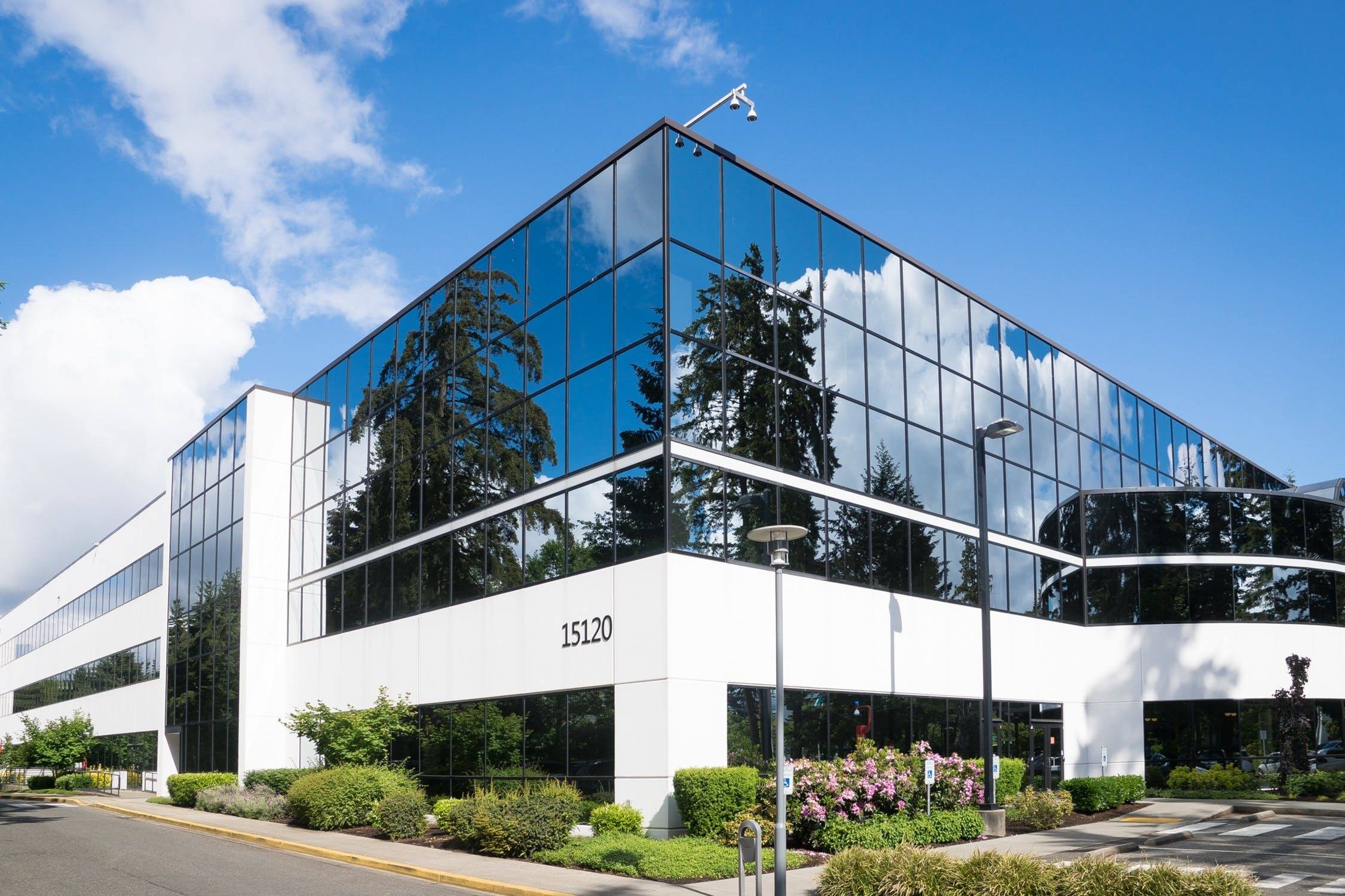HEALTH CARE FACILITY: GUARDIANSHIPS
New York HEALTH CARE FACILITY GUARDIANSHIPS

A resident's incapacity must not prevent your facility from recovering money owed for services rendered or expose you to liability when health care decisions need to be made. Cona Elder Law will petition the Court to appoint a guardian who will marshal the resident's assets to ensure payment to the facility and/or who can make crucial health care decisions.
Through the guardianship process, we will secure financial assets to guarantee outstanding debts of the resident by restraining bank accounts, attaching real property and requiring asset spend downs to secure Medicaid eligibility.
We can further protect you from dangerous and unnecessary exposure by effectively and properly handling emergency petitions and life support hearings, and help you achieve timely discharges and transfers.
What is New York’s Mental Hygiene Law?
Pursuant to Article 81 of the Mental Hygiene Law (MHL), the court is required to find that the guardianship appointment is necessary to provide for the personal needs and property management of the resident, the Alleged Incapacitated Person (AIP). In addition, the AIP must either:
-Consent to the appointment of a guardian, or
-Be incapacitated
In order to determine whether the AIP can be deemed “incapacitated”, the individual’s functional level and functional limits are considered, including:
-The individual’s actual needs
-Their ability to perform daily living activities
-The individual’s mental disabilities
-The individual’s physical illnesses

Why Use Cona Elder Law to Petition for Guardianship for Incapacitated Residents?
In many instances, nursing home residents are unable to act on their own behalf, have unwilling or uncooperative family members or do not have an agent with authority to act on their behalf appointed under a Power of Attorney.
To make matters worse, many residents also lack the support to tackle the arduous task of applying for Medicaid benefits. As a result, these residents may be subject to discharge from the healthcare facility for failure to pay or even civil litigation for the collection of the balance due. This results in a lose-lose situation for the resident and the facility:
-The disabled or elderly person who needs nursing home care fails to receive it
-The healthcare facility provides services and care for which they’re not paid
Medicaid Benefits and Guardianship Proceedings in New york
Instead of being faced with a moral dilemma, the Mental Hygiene Law allows facilities to file for guardianship for their residents who are incapacitated. Cona Elder Law successfully helps healthcare facilities secure government benefits and medical insurance on behalf of their residents.
Our experienced team of Guardianship attorneys in New York will work closely with your facility to guide you through the process of petitioning the court for guardianship. In the end, we’ll use our expertise to help you do what’s right for your resident and what's best for your facility.
What Alternatives Do Facilities Have to Guardianships?
File a Civil Suit
In the event it’s inappropriate to have a guardian appointed to help a resident, the option of bringing a civil suit to collect the balance does exist. While the civil suit may take care of the previous balance, it does nothing to address the costs of those who continue to stay in the facility. A civil suit also does not address health care needs or housing issues, such as when a resident can be discharged to an alternate level of care. In addition, a civil suit does nothing to address the resident’s need to secure Medicaid benefits.
If the resident lacks decision-making ability, a Guardian ad Litem (“GAL”) will be appointed for the resident in the civil litigation. However, a GAL is generally not empowered to consent to a proposed settlement, and the GAL’s role is limited to protecting the defendant’s rights in that litigation only.
Involuntarily Discharge the Resident
The only remaining alternative is to involuntarily discharge the resident, which is an option when they have failed to pay following appropriate and reasonable notice.
However, the resident will need around-the-clock institutional level care, so where will they go?
It’s likely no other facility will accept a resident without a payment source or insurance.
This presents a significant dilemma, which can usually be circumvented with the use of a guardianship.
Contact Us for New York Healthcare Facility Guardianships
To protect your health care facility’s bottom line and your residents, contact the experienced attorneys at Cona Elder Law. The attorneys at Cona Elder Law offer decades of experience effectively preparing guardianship petitions and representing health care facilities in guardianship proceedings across New York State.
Contact us at 631-619-2533 to schedule a consultation with one of our experienced lawyers.






